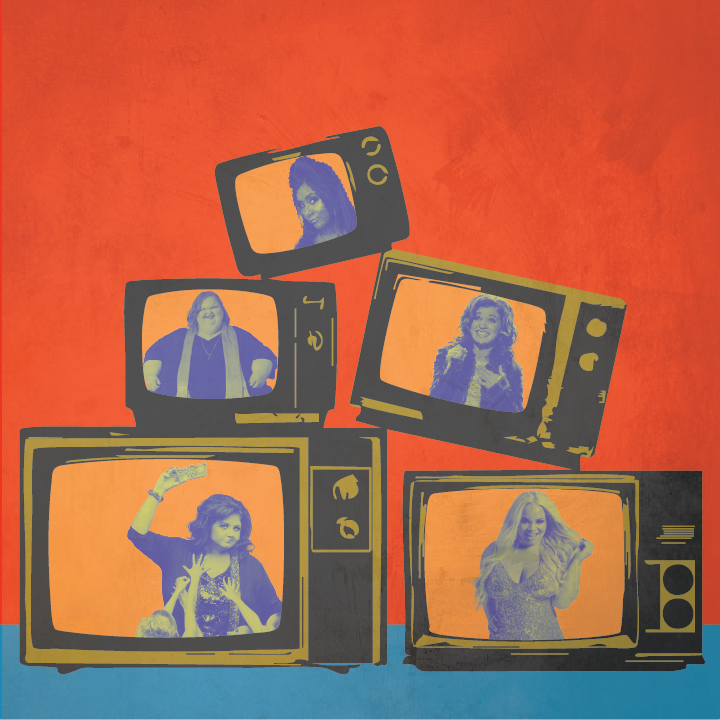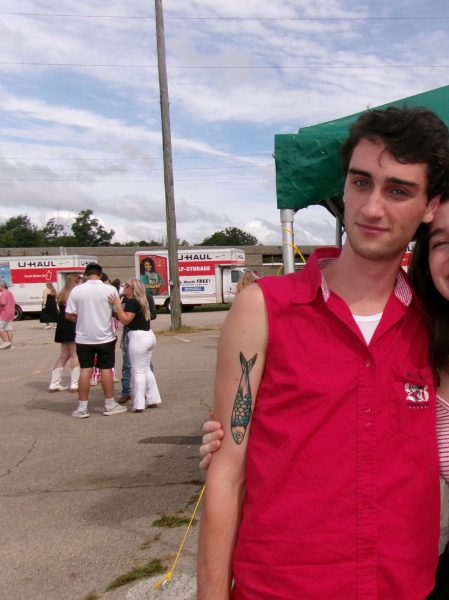In a genre with reality in the name, recent reality television has been feeling artificial and formulaic. With every dating show seeing the same tropes and competition shows consisting of the same played-out narratives, reality TV is just not what it was created to be — a look into the real lives of real people.
Reality TV started with a show called “Candid Camera,” a program from 1960 where people were filmed with a hidden camera as they experienced pranks and funny situations. All of which are meant to provoke some sort of reaction. This premise feels like the purest form of reality TV, even if it may be a tad invasive. The show captures reality in its purest form and presents some great instances of what real life can feel and look like.
A couple of decades go by before reality TV sees another boom, and this comes with competition shows like “Survivor,” “American Idol,” “Big Brother” and many others. These shows used real people with real stories and personalities and put them against each other in various types of challenges.
Competition shows were popular because of their ability to show common people doing incredible things. Whether it be surviving on an island or belting a chromatic scale, these people showed anything was possible with determination.
Then the spotlight shifted to the more dramatic, slice-of-life reality shows like “Jersey Shore,” “My 600-lb Life,” “Dance Moms,” the “Real Housewives” series and more. Shows that highlight real experiences of real people. While some were more informative than others, all sought to give a glimpse of reality. There may have been some forced moments and some scripting at play, but overall the shows feel raw and realistic in the beginning seasons.
Looking at the present day, almost nothing in reality TV feels realistic or raw. The genre is plagued with dating show after dating show, with the same bland, perfect-looking heterosexual people having the same bland conversations about the same bland topics. There are countless videos on TikTok of people mocking “Love Island” and its dry and almost off-putting contestants.
This is no longer reality, but rather an artificial reality many people wished they lived in. These so-called contestants — who suspiciously seem to be the same people in every Netflix dating show — are so far removed from reality they don’t even understand how to have a conversation with another person.
Contestants are placed into multi-million dollar resorts –– the most recent “Love Island” villa can be rented for $5,440 a week –which are glammed up with perfect lighting and outfits and are made to look the best humanly possible to find love. This seems a tad out of the normal sphere of human life.
It is not just dating shows, but competition reality TV has also entered into some warped, scary dimension where apparently anyone can be redeemed and re-platformed. The current season of “Dancing with the Stars” features literal con artist Anna Delvey, who was also paid $320,000 by Netflix for the show made on her story titled “Inventing Anna.”
However, competition shows have also seen a decrease in villainous characters, especially on the wildly popular “RuPaul’s Drag Race.” The early seasons of the show feature catty and witty back-and-forth, with queens completely digging into each other without seeming to mind it all being filmed. In recent seasons there has been a shift from villainy to congeniality, with more and more queens trying to avoid internet backlash.
A prime example of cancel culture’s effect on reality TV is when Jaremi Carey, formerly known as Phi Phi O’Hara, quit drag over internet backlash. The internet tore them to shreds because they had some catty remarks and may not have been the nicest on the show.
While reality TV features real people in real situations, when it comes to competition shows, everything is strategy, and the internet seems to lack the nuance to understand when someone is rude on a show to get more screen time.
A genre once made for the appeal of real life and real reactions now appeals to consumerism and competition, and how to make the most money possible. In this late-stage capitalist society, the things that once showed the beauty of the human race now show the darkest sides of greed.
In a way, reality TV has shifted its menu to a separate human experience, but is leaving a bad taste in the mouths of many.



